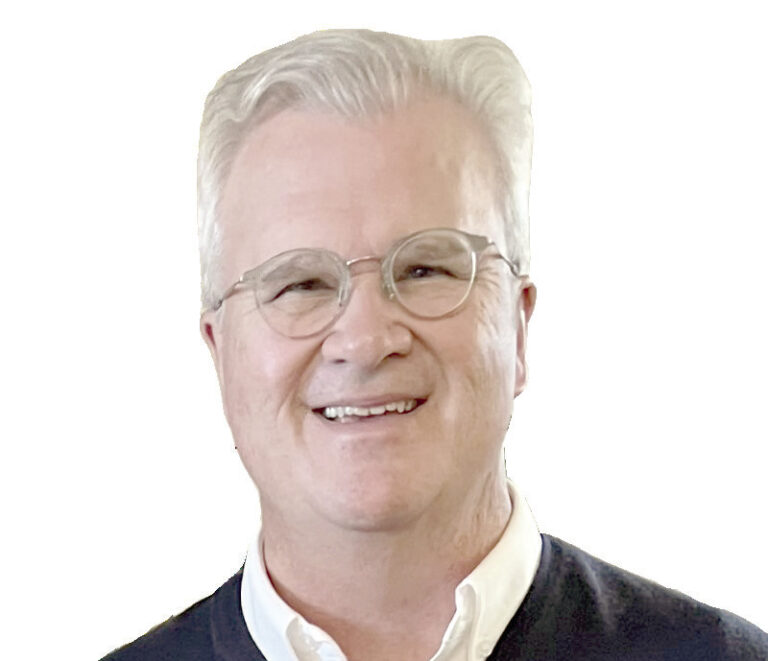Column

Janet Mills: The ins and outs of spooky and scary
It’s the time of year when popular culture pushes our focus toward the thrill of all things scary.

Terry Held: The forgotten art of letter writing
In an age of instant replies and digital noise, it’s easy to forget that just a generation ago, communication came folded in an envelope — not fired off by a burst of thumbs.

TroutMom Says — Jordan Troutman: Gratitude for stories shared, lives saved
I have lost count of exactly how many breast cancer stories I have written since 2018, but I have never forgotten the details of the stories people share during Breast Cancer Awareness Month.

Jordan Troutman — TroutMom says: ‘Thank you for picking me, every day, I love you’
What a week I have had. First, and most importantly, my wonderful husband and I celebrated five years of marriage on Thursday, Oct. 16. More on that in a moment.

Kyle Troutman: Enjoying the ride
Growing up playing soccer, there was not much that beat getting a hat trick (scoring three goals in the same game), and even though my field now is less grass and more ink, there are still hat tricks to be had.

Kyle Troutman: Nadean Davis — A gem in the heart of Cassville
What makes a community? While good housing, suitable schools, access to healthcare, a variety of amenities, low crime, a fair cost of living and adequate job opportunities are all measurable factors to assess a community, the most immeasurable may be the most important — the people.

Jeremiah Buntin: A million ways to die in the Ozarks
The beginning of autumn signals the start of the spooky season, that time of year now rivaling Christmas in popularity among youth and adults alike, highlighted by tidings of fear.

Kyle Troutman: Talking to ourselves
Walter Cronkite once said, “Freedom of the press is not just important to democracy; it is democracy.”

Sheila Harris: Imagine unity
I recently remembered a phrase from a prayer that I heard in the church of my childhood: “Endeavoring to keep the unity of the Spirit, in the bond of peace.”

Jon Horner: 40+ years of gratitude
As I sat down to write this month’s column, I reflected upon what is taking place in our world now and what has taken place over the past forty years.


